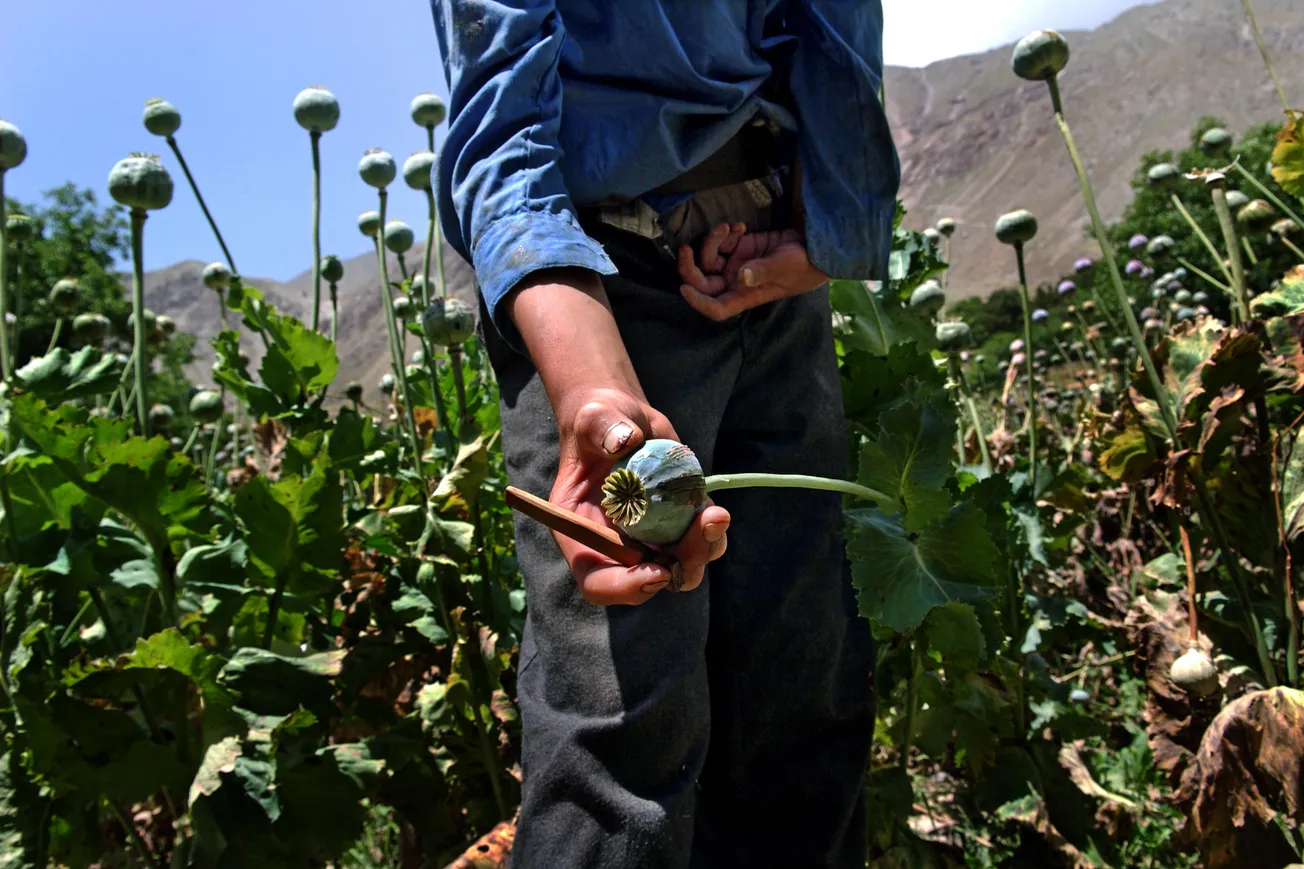According to an August 2023 United Nations Office on Drugs and Crime (UNODC) report released Nov. 6, opium poppy cultivation in Afghanistan plunged by an estimated 95%, following a drug ban that Afghan authorities imposed in April 2022. While the destruction of poppy fields is a great achievement, the UN rightly calls for investments to help farmers to develop alternative cultivations, to ensure that the reduction can be made permanent.
A UNODC summary of the report says: “Opium cultivation fell across all parts of the country, from 233,000 hectares to just 10,800 hectares in 2023. The decrease has led to a corresponding 95% drop in the supply of opium, from 6,200 tons in 2022 to just 333 tons in 2023.
“The sharp reduction has had immediate humanitarian consequences for many vulnerable rural communities who relied on income from cultivating opium. Farmers’ income from selling the 2023 opium harvest to traders fell by more than 92% from an estimated US$1,360 million for the 2022 harvest to US$110 million in 2023.
“This presents a real opportunity to build towards long-term results against the illicit opium market and the damage it causes both locally and globally,” the report quotes Ghada Waly, Executive Director of UNODC as saying. “At the same time, there are important consequences and risks that need to be addressed for an outcome that is ultimately positive and sustainable, especially for the people of Afghanistan.




